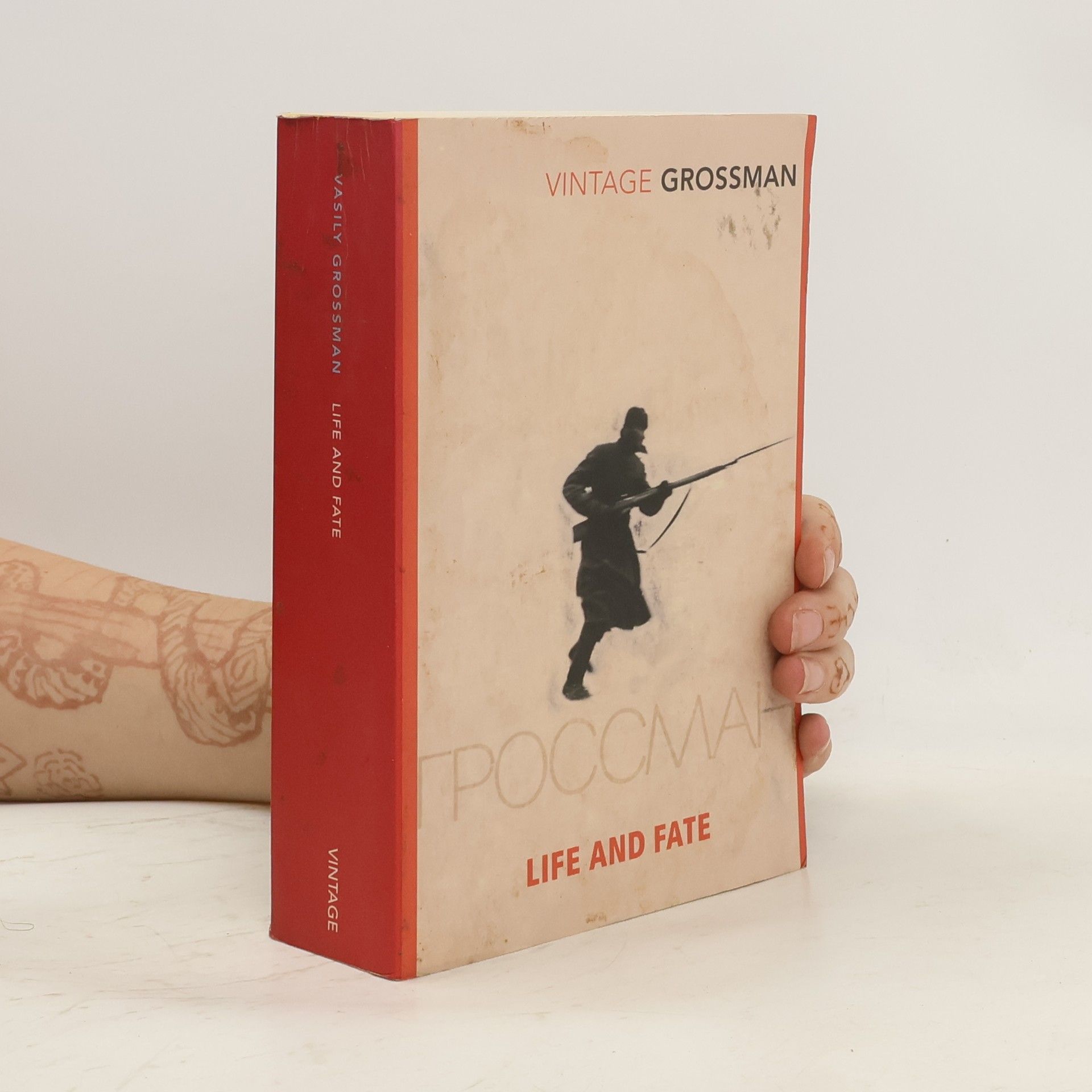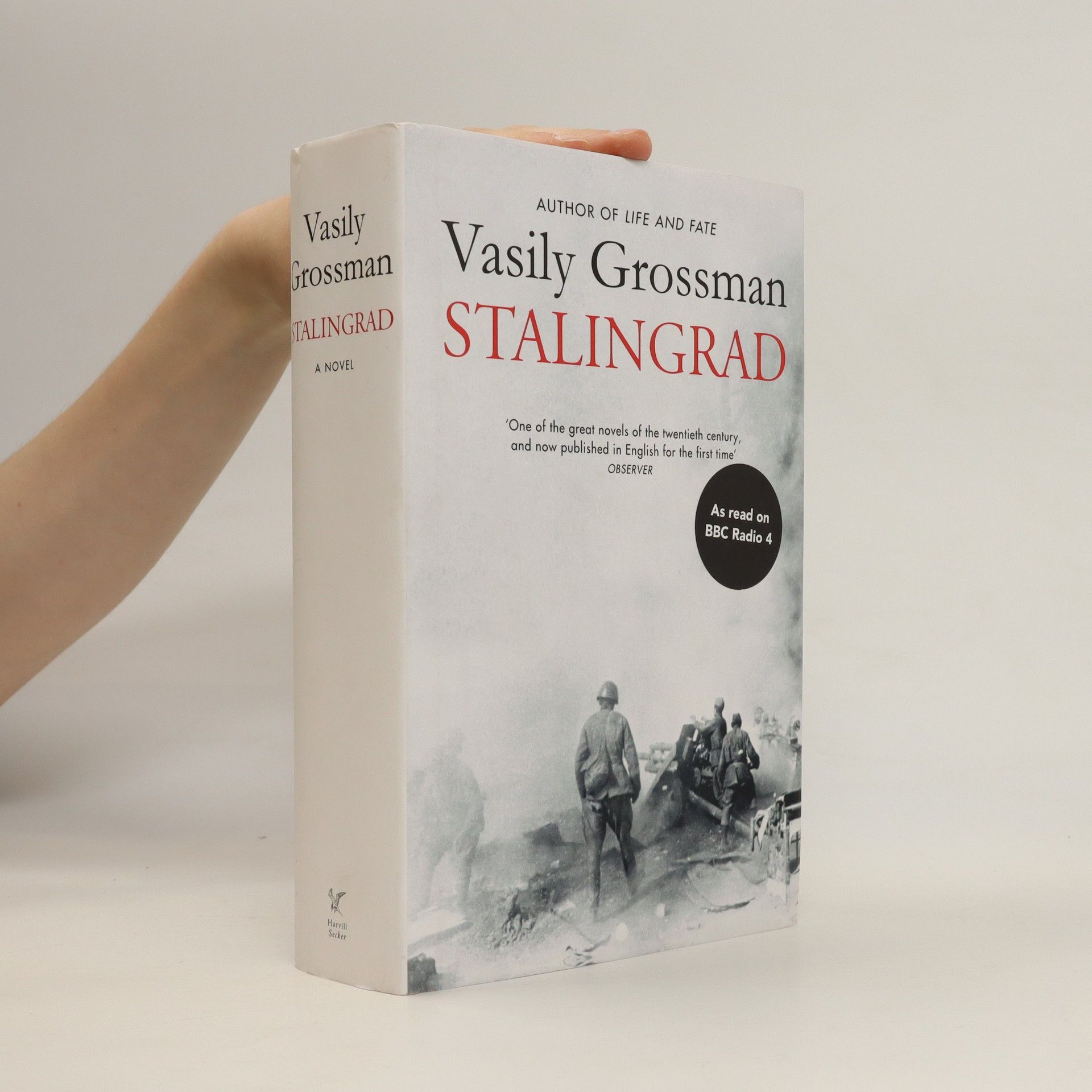Stalingrad
- 704bladzijden
- 25 uur lezen
"Vassily Grossman (1905 -1964) has become well-known in the last twenty years - above all for his novel Life and Fate. This has often been described as a Soviet (or anti-Soviet) War and Peace. Most readers, however, do not realize that it is only the second half of a dilogy. The first half, originally titled Stalingrad but published in 1952 under the title For a just cause, has received surprisingly little attention. Scholars and critics seem to have assumed that, since it was first published in Stalin's lifetime, it can only be considered empty propaganda. In reality, there is little difference between the two novels. The chapters in the earlier novel about the Shaposhnikov family are as tender, and sometimes humorous, as in the later novel. The chapters devoted to the long retreats of 1941 and the first half of 1942 are perhaps still more vivid than the battle scenes in the later novel"-- Provided by publisher


